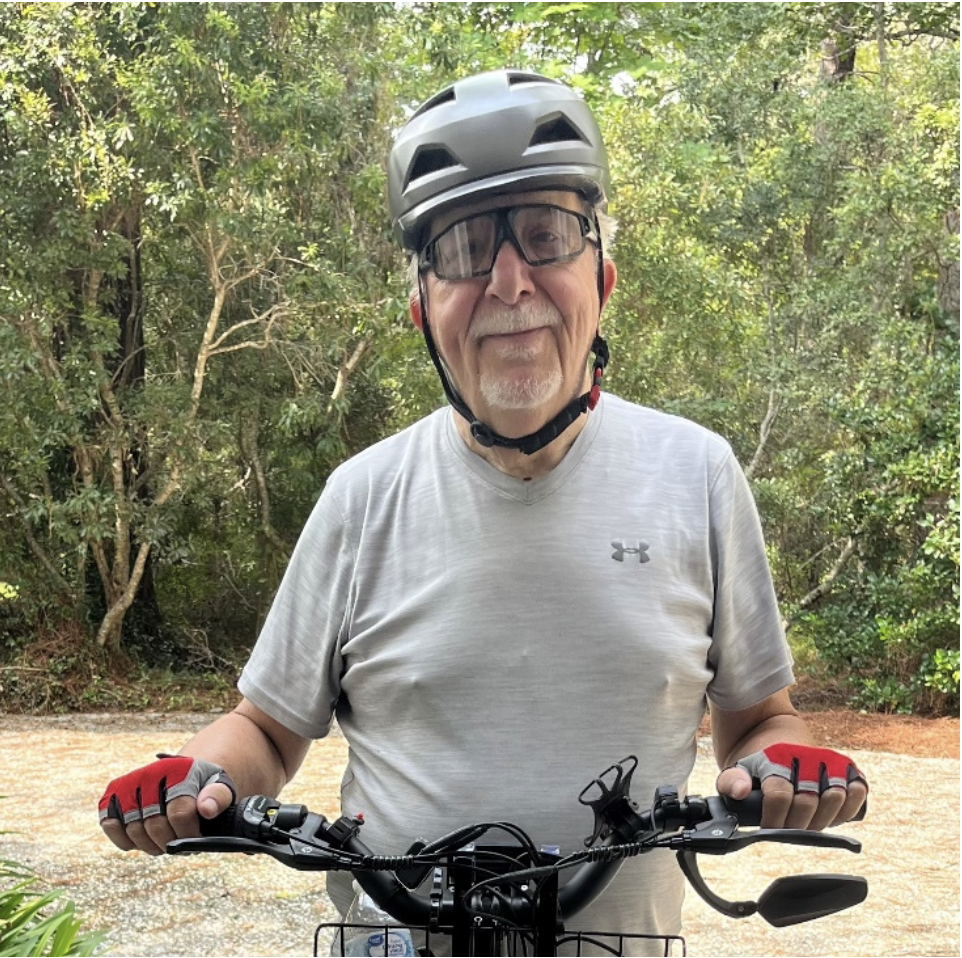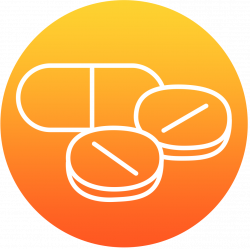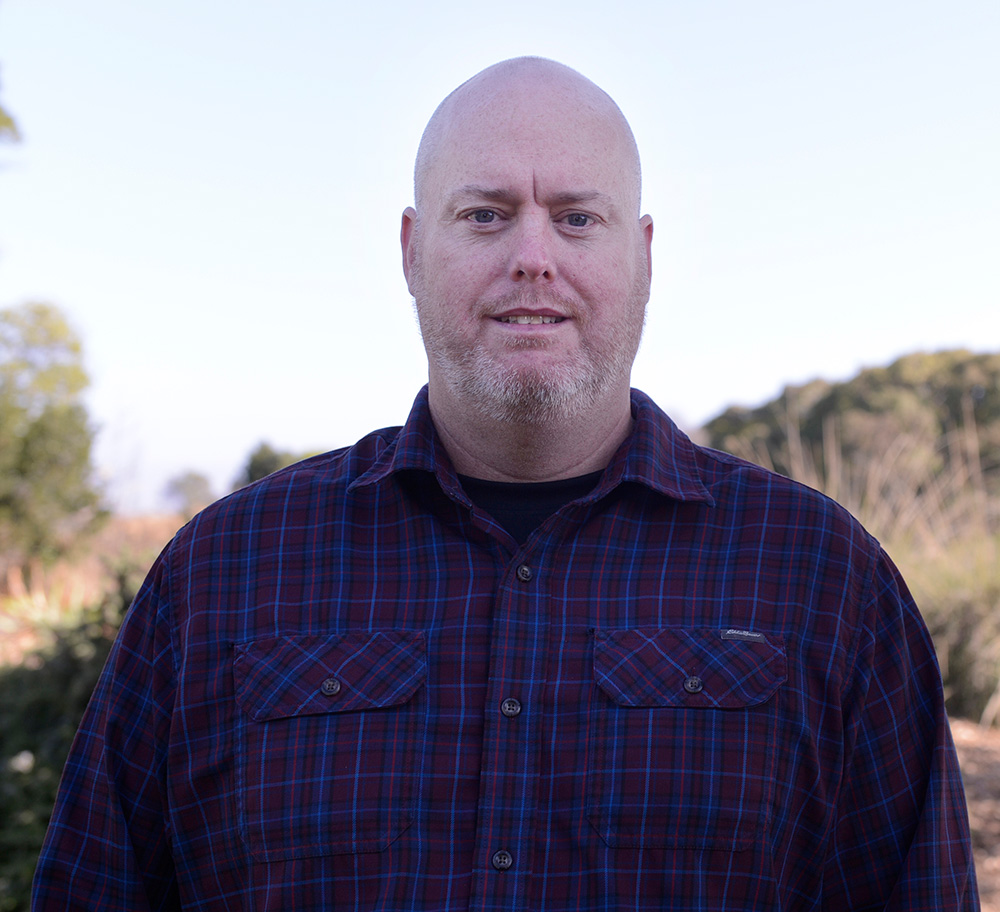GET ANSWERS: Call 877-780-7801, option 3 to talk to our support team. Monday-Friday 8am-8pm ET
Experience a new path to lowering blood pressure.
Paradise™ Blood Pressure Procedure
Managing high blood pressure can be challenging.

"Following my procedure with Paradise procedure, my blood pressure is better controlled."
Candyce, 74 years old
Individual results may vary.
Whether you’ve been recently diagnosed with hypertension or had it for years, managing high blood pressure isn’t easy. Controlling it may be a struggle despite making changes to what you eat, exercising more and taking your medications.
If you’re looking for an adjunctive treatment to lower your blood pressure safely and effectively, the Paradise blood pressure procedure may be the right choice for you. Individual results may vary; talk to your doctor about the risks and benefits. See Important Safety Information for more.
At age 50, people without high blood
pressure have a life expectency
5 YEARS
LONGER
than people with high blood pressure.1
When not controlled, high blood pressure can lead to heart disease, stroke, heart failure, kidney disease and dementia. Lowering your blood pressure can help you live a longer and healthier life.
A 10mmHg blood pressure reduction can lower important health risks.2
HEART FAILURE BY
28%
STROKE BY
27%
CARDIAC EVENTS BY
20%

“While I still take medication now, I have excellent control of my blood pressure. I consider this procedure as a true gift of good medical science and the application of scientific learning.”
Individual results may vary.
Introducing Paradise Blood Pressure Procedure
In addition to lifestyle changes and medications, the Paradise blood pressure procedure is now available to help lower blood pressure.

Lifestyle Changes

Medications

Paradise Blood
Pressure Procedure
What is the Paradise blood pressure procedure?
- One-time, safe, minimally invasive treatment proven to reduce high blood pressure3-6
- Fast recovery for an easy return to regular life
- 24 hour blood pressure reductions without the side effects of medications3-6
How does the Paradise blood pressure procedure work?
In many people with high blood pressure, the nerves leading to the kidneys have become overactive, causing blood pressure to increase.
The Paradise procedure uses ultrasound energy to calm the nerves near the kidneys to help lower blood pressure.
What to expect if you choose this procedure
Before the procedure
- You and your healthcare professional will discuss the procedure to determine if this is the right treatment for you.
- You may need additional testing and verification of coverage benefits before deciding the next steps.
- Once you and your healthcare professional agree that it is the right treatment for you, the procedure will be scheduled.
Day of the procedure
- Treatment is usually done in an outpatient setting and typically takes about an hour to perform.
- As a part of the treatment, a small flexible tube (catheter) is guided into the blood vessels near the kidneys and 7 seconds of ultrasound energy is applied 2-3 times. Both sides are treated and then the tube is removed, leaving nothing behind.
- After the procedure, some people go home the same day or some stay overnight.
After the procedure
- Most people are able to return to their usual activities within a few days after the treatment.
- Talk with your care team about when you can resume your day-to-day activities.

“Going for treatment with the Paradise procedure was a great decision for me because now I have only one blood pressure medication. Prior to it, it was all over the board, I was taking all those medications and my blood pressure was up and down. For me personally, it is a lifesaver.”
Individual results may vary.
Ask your healthcare provider if Paradise blood pressure procedure is right for you.
References:
1. Stroke and High Blood pressure correlation – AHA – High Blood Pressure and Stroke Infographic | American Stroke Association
2. Ettehad D, et al. The Lancet. 2016;387:957-67.
3. Azizi M. JAMA. 2023;329(8):651-661
4. Azizi M. et al. Lancet. 2018 Jun 9;391(10137):2335-2345.
5. Azizi M. et al. Lancet. 2021 Jun 26;397(10293):2476-2486.
6. Kirtane A. et al. JAMA Cardiol. 2023;8(5):464-473
Important Safety Information
Rx Only. Brief Summary – Prior to use, please reference the Instructions for Use
Indications for Use
The Paradise Ultrasound Renal Denervation System (Paradise System) is indicated to reduce blood pressure as an adjunctive treatment in hypertension patients in whom lifestyle modifications and antihypertensive medications do not adequately control blood pressure.
Contraindications
The Paradise Catheter is contraindicated in any of the following:
- Renal arteries diameter <3 mm and >8mm
- Renal artery Fibromuscular disease (FMD)
- Stented renal artery
- Renal artery aneurysm
- Renal artery diameter stenosis >30%
- Pregnancy
- Presence of abnormal kidney (or secreting adrenal) tumors
- Iliac/femoral artery stenosis precluding insertion of the catheter
Warnings
- Failure to use the recommended balloon size may result in renal artery stenosis, dissection, perforation, aneurysm, significant vasospasm requiring intervention, ablation of unintended tissues or structures, and/or no ablation of target tissue achieved.
- Energy emission in an unintended location may result in unintended tissue damage.
- Do not move the Paradise Catheter during sonication.
- Do not sonicate in renal artery at locations with visible plaque.
- Do not deliver sonications in an overlapping arterial target zone.
Precautions
- Patients with known allergy to contrast medium may be at increased risk of hypersensitivity reactions.
- Only use specified coolant (Sterile water) for fluid supply. DO NOT USE SALINE.
- Avoid multiple balloon inflations to achieve apposition of the balloon to the renal artery wall; multiple balloon inflations may result in increased vessel trauma.
- The Paradise Catheter is for single use only. Do not resterilize or reuse. Reuse, reprocessing, or resterilization will compromise device integrity which may result in patient injury, illness, or death.
- Do not touch the Paradise Catheter balloon during sonication, as it may result in serious injury.
- The Paradise System may interfere with or adversely affect the operation of cardiac pacemakers or other active implants, unless proper precautions have been taken or managed per the manufacturer’s instructions. When in doubt regarding possible hazards, seek qualified advice and/or consult with the manufacturer(s) prior to initiating a procedure. The Paradise Catheter is a Type CF, defibrillation-proof Applied Part.
Potential risks of renal denervation procedure/response to treatment
Ablation or thermal injury to vessel, adjacent tissue or other structures, Acute kidney injury, Angina, Anxiety, Arrhythmia, Atrial tachycardia, Bradycardia, Gastrointestinal complications (diarrhea, nausea, vomiting), Hypotension/ Dizziness and/or Headaches, Hypertension, Hyperhidrosis, Pain (transient abdominal, lower back), Renal failure or renal insufficiency, Renal artery aneurysm or pseudoaneurysm, Renal infarction, Renal artery dissection, or perforation, Renal artery stenosis, Vasospasm, Vasovagal response, Stroke or transient ischemic event
Potential risks of arterial catheterization procedure
Allergic reaction to contrast, Arterio-enteric fistula, Arterio-venous fistula, Bleeding, Cardiopulmonary arrest, Complications related to pain and anti-anxiety medications, Death, Deep vein thrombosis, Edema, Embolism (pulmonary, renal, peripheral vasculature, plaque), Hematuria, Infection, Myocardial infarction, Pain, Vascular access site complications (pseudoaneurysm, pain, swelling, hematoma)